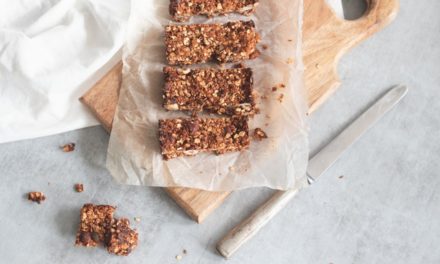How Long Will it Last? Food Spoilage Guide

Maintaining a full pantry can seem like an impossible feat when your kids have an insatiable need to eat. Especially in these unprecedented times, where we’re trying to take infrequent trips to the grocery store. Luckily, with the right storage and sealing, food necessities have an impressive shelf life—whether that be in the freezer, pantry, or refrigerator. Use the tips below to store your items properly. Next, use this guide to food spoilage to gauge how long your stored food will last. Can you say, dinner is served?
How to Store Meat (freezer)
Wrap your meat as tightly as possible in freezer-safe plastic wrap. Keep the plastic as close to the meat as possible, removing any air bubbles that form. Next, grab some tinfoil and wrap the entire contents of your meat. Put your wrapped food into a freezer storage bag, and seal it tightly. When thawing, opt for the refrigerator for a twenty-four hour period instead of the kitchen counter to safety manage bacteria growth.
How to Store Vegetables (refrigerator)
Keep the plastic bag on your veggies. Make sure to wash, and completely dry, the produce before storage. Try breathable produce bags to store the veg to absorb the moisture and air. Open the crisper drawer in your fridge, away from your fruits to prevent ripening.
How to Store Grains (pantry)
If you’re not frequently using your grains, opt for storing them in the freezer. For frequent use, use an airtight container. Grains should be kept in a dry, cool place. The best containers for storage are glass, plastic, and aluminum (baring they’re air tight containers).
Now that your food is properly sealed, use the reference below, courtesy of Kitchen Cabinet Kings, to guide your meal prep and what’s for dinner tonight (loaded sweet potato bites, anyone?)!
This is a great reference to have on hand!






thank you!
Thank you SO MUCH Lisa for this valuable information! Printing and pinning!
Stay safe,
Roz
You’re welcome Roz!